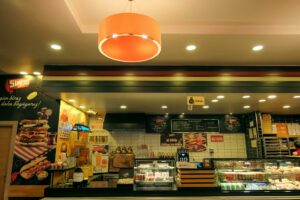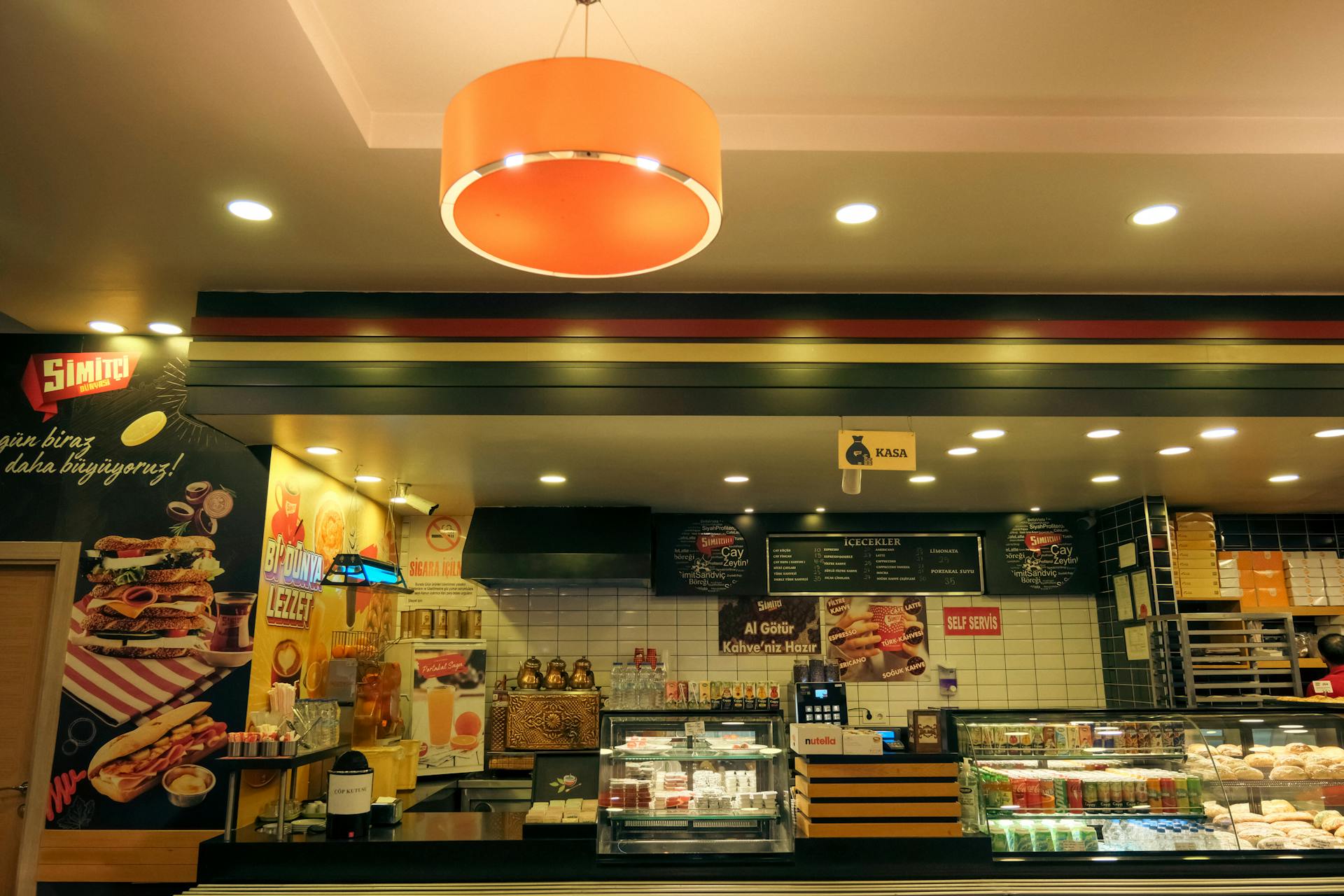In today’s food service landscape, technological innovation is a strategic lever for improving efficiency, quality, and competitiveness. Smart appliances are revolutionizing the way chefs and industry professionals manage commercial kitchens, offering intelligent solutions that simplify daily work and ensure increasingly precise results. But what are the concrete advantages of integrating these technologies into a food service business?
Operational efficiency and time savings
One of the main benefits of smart appliances is their ability to optimize processes, reducing preparation and cooking times. The latest ovens, refrigerators, and dishwashers are equipped with automation systems that allow users to program and monitor activities remotely, via dedicated apps. This means being able to manage multiple orders simultaneously, minimize human error, and ensure greater punctuality in service. The ability to pre-set recipes and customized work cycles also makes it possible to standardize dish quality, which is especially important in high-volume kitchens.
Consumption control and sustainability
Sustainability is an increasingly central theme in modern food service, and smart appliances respond perfectly to this need. Thanks to intelligent sensors and real-time monitoring systems, it’s possible to keep track of energy and water consumption, intervening promptly to reduce waste. Some models can automatically adjust power based on the actual load, ensuring more rational use of resources. This not only translates into economic savings but also helps improve the environmental impact of the business.

Safety and predictive maintenance
Another crucial aspect concerns the safety and maintenance of equipment. Smart appliances are designed to report any anomalies or malfunctions in real time, reducing the risk of sudden breakdowns that could compromise service. Through notifications and detailed reports, staff can quickly intervene to resolve problems, avoiding costly downtime.
In addition, predictive maintenance allows for targeted interventions only when truly necessary, extending the useful life of equipment and optimizing management costs.
Customization and innovation in the kitchen
Smart technology also opens new possibilities from a creative perspective. Many appliances allow users to store recipes, set customized cooking programs, and experiment with new techniques with maximum precision. This encourages experimentation and innovation-key elements for standing out in an increasingly competitive market. The ability to share data and settings between different locations or with other professionals also speeds up the transfer of know-how and the adoption of best practices.
A strategic investment for the future
Integrating smart appliances into a professional kitchen is not just a technological choice, but a true strategic investment. Automation, consumption control, safety, and the ability to personalize every aspect of the work are concrete advantages that translate into greater competitiveness. In a constantly evolving sector, being able to seize the opportunities offered by innovation means ensuring your business a solid and cutting-edge future.













